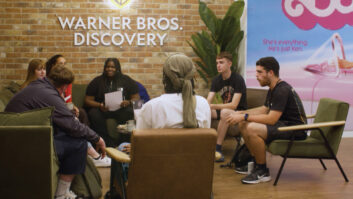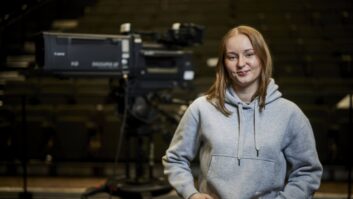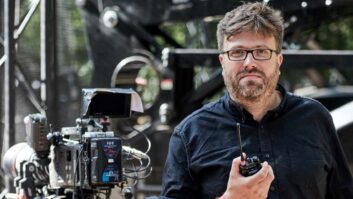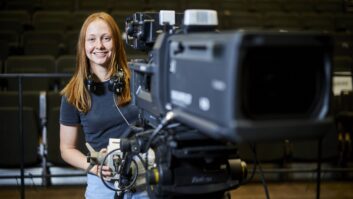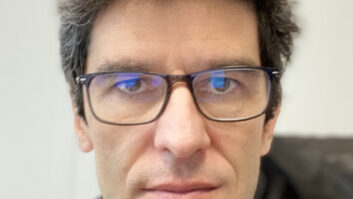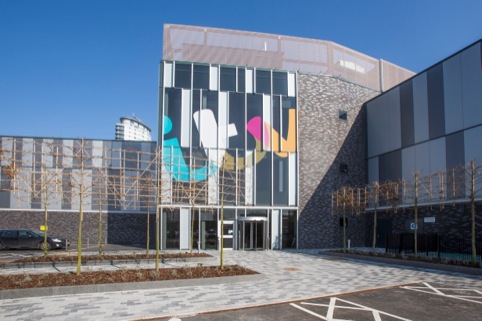
Coronation Street – one of the most iconic streets on British television. First broadcast in 1960, the ITV soap opera has undergone significant changes, from script, direction, characters and actors. However, the cobbles of one of the nation’s best loved dramas have stayed the same. In 2014, production of the show was moved from its home at Granada Studios in Quay Street in Manchester to the MediaCityUK complex some two miles away at Trafford Wharf. The much talked about move was completed in January 2014 after two years spent on perfectly recreating the street, brick by brick.
The challenge
The new dedicated state-of-the-art studios now deal with the end-to-end production of Coronation Street, from script through to delivery. All the broadcast equipment on site has network capabilities, enabling them to be connected together and operated remotely if needed. The move did, however, present a series of challenges to the new engineering team, with the entire technical operation changing due to the production’s relocation.
“With the move to the new studios, we now have our own technical department. As a result, we recruited six broadcast engineers from both ITV and the wider industry to support the production’s two technical managers. However, due to the nature of the new equipment, particularly its capacity for networking, there was the requirement to get the team up to speed in terms of networking skills,” exaplains Stan Robinson, technical manager Coronation Street, ITV Studios.
“Traditionally broadcast engineers had a certain set of skills and approach to technology. Likewise for the IT world. Now, with the two worlds rapidly converging there is an ongoing need to supplement those skills.”
The solution
Robinson turned to the IABM Training Academy to deliver the training through its Networks Essentials for Broadcast Engineers course.
“The IABM is a valuable resource to tap into and is an important element of assisting in overcoming the skills shortage. As part of the planning process during the move, we recognised the need for training and I began investigating our options. I met with the IABM’s Steve Warner at IBC and we began to discuss the possibilities,” says Robinson.
“I attended a pilot course last year on file formats that I gave feedback on as a practitioner. It was a great course and gave me a good idea of what to expect from the training programme in terms of the approach taken and materials presented.”
The networks course was delivered over the weekend to accommodate the production taking place during the week. It covers topics such as the basic principles of networking, security, higher layer network processes, broadcast network infrastructure, and LAN standard Ethernet.
Outcomes
The course was well received by the Coronation Street engineers who were given added confidence in using the equipment correctly.
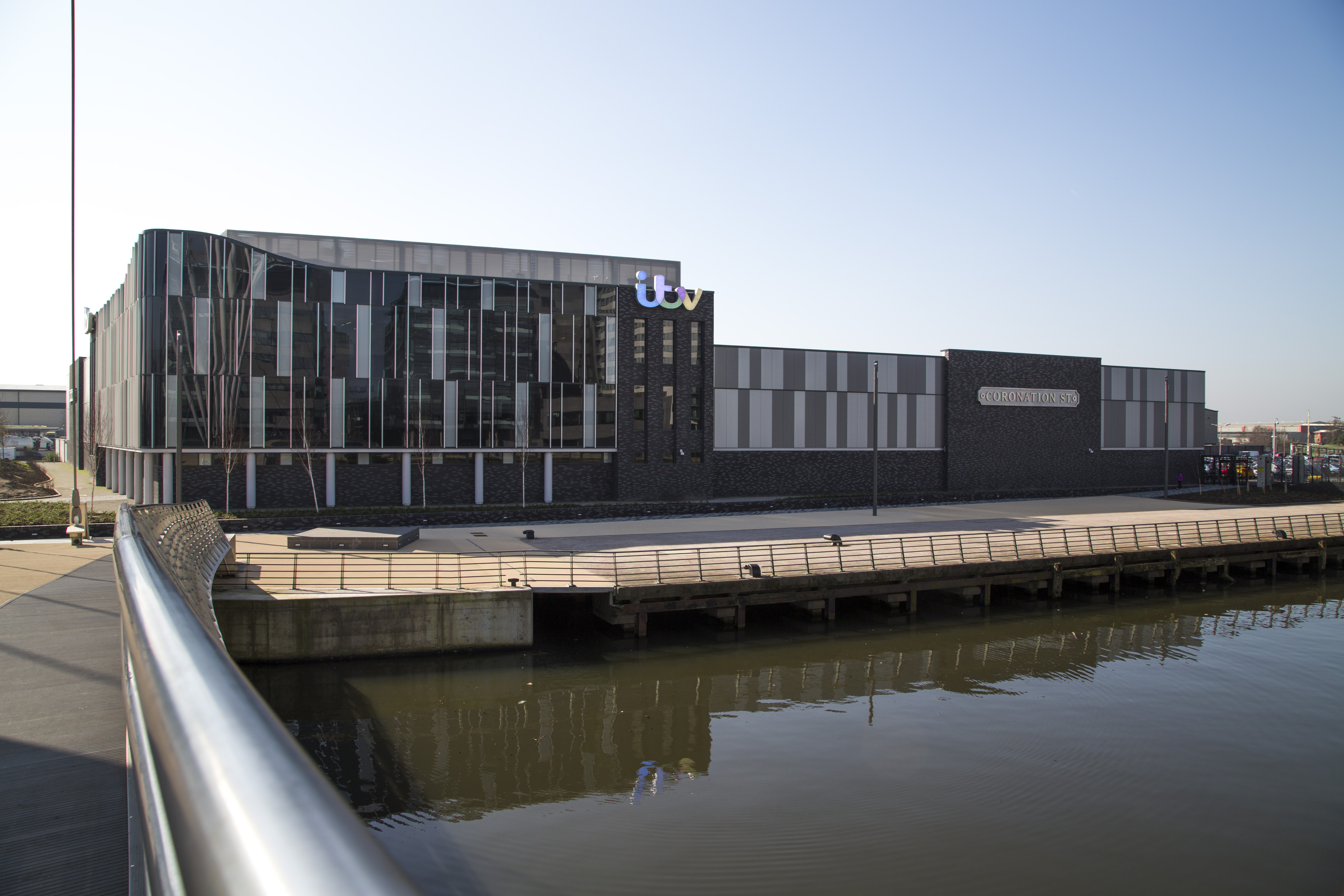
“Training is playing an increasingly important role in the broadcasting industry today, especially in bridging the skills gap that has come about due the convergence of IT with broadcast and budget issues.
“In the past, during the economic downturn and with the cut backs, training was either deemed unnecessary or as one area that could be cut to save money. Now, however, with the number of people coming into the industry decreasing and current practitioners getting older, bolstering skills is becoming crucial and ITV is taking training very seriously,” explains Robinson.
The IABM and ITV are in discussion for the training academy to deliver additional courses, tailored specially around Coronation Street’s requirements, especially around file formats in light of recent developments around broadcasters moving away from tape-based programme delivery to file-based delivery.

